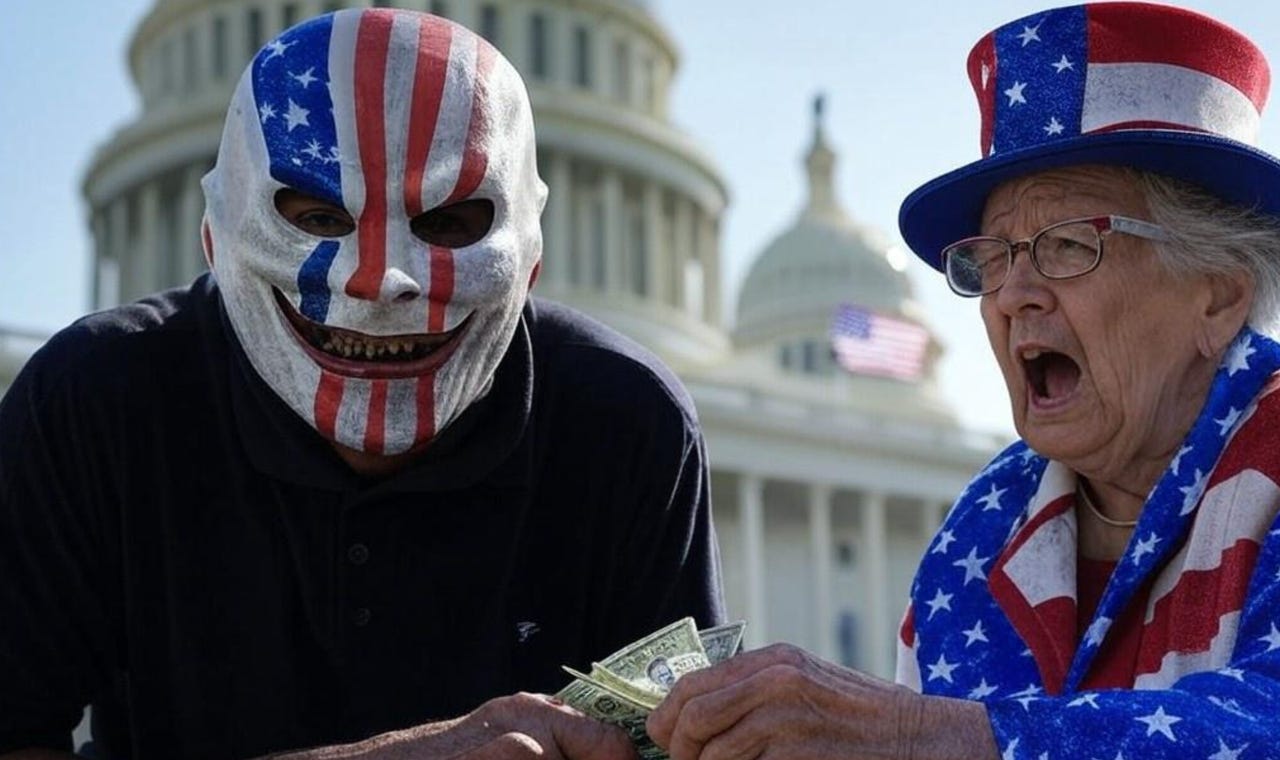When you lead a movement, especially one fueled by the fragile trust of public support, you must prove your resolve to keep it pure, even when the cost is high. The path to righteousness is narrow, winding through a treacherous landscape of temptation and betrayal. To stay true, you must wield the courage to confront and expel the bad actors who lurk within, while holding the virtuous accountable when they falter. Failure to do so invites destruction, as figures like Jake Lang and his co-conspirators erode the movement’s credibility with their venomous rhetoric and actions.
The saying, “one bad apple can ruin the bunch” speaks a powerful truth. A single rotting apple, left to fester in the dark, releases ethylene gas, a silent poison that hastens the spoilage of its neighbors. In a movement, these bad apples are the opportunists, the grifters, the self-serving wolves that wrap themselves in the flag. They will just as easily throw it to the ground to be trampled if it benefits them personally. Left unchecked, their corruption spreads, tainting the collective and turning public support to skepticism.
I’ve witnessed this firsthand in other movements—noble causes reduced to ashes by the reckless actions of a few. Like a wildfire sparked by a single errant ember, their misdeeds can engulf everything in ruin. The only salvation lies in decisive action: a surgical separation, a purging of the poison before it seeps deeper into the bloodstream. The movement must be cleansed, or it will collapse under the weight of its own corruption.
As long as the mission remains profitable, the poison lies dormant, coiled like a serpent in wait. But the grifters sense the end approaching—their schemes unraveling, their relevance fading like a dying star. Panic grips them as they face the void of their own irrelevance, the gut-wrenching withdrawal from the power and profit they’ve reaped. They thrash in desperation, clinging to the movement like drowning men to a sinking ship.
Some within the J6 movement cry out for an end to “infighting,” urging unity at any cost. They plead for the sins of the wicked to be swept under the rug, naively believing that every J6er is a saint with a noble heart. But this is a delusion, a coward’s refuge. The evidence is undeniable: not all who wave the flag do so with honor. To demand peace with evil is to invite its embrace, weakening the movement far more than any public reckoning ever could. Those calling for blind unity are misguided at best, terrified of confronting the rot within. At worst, they are complicit, shielding the guilty to preserve a fragile illusion of harmony.
As the J6 grift nears its twilight, expect the guilty to grow uglier, their defenses sharper, their voices shrill with desperation. The anxiety of an uncertain future will gnaw at them, fueling panic as they scramble to secure their fading influence. They’ll lash out, blaming others for their downfall, clinging to the scraps of their crumbling empire. For them, the end is not just a loss of power, it is a crisis. As their influence fades they will lash out even more viciously. They will double down on their despicable behaviors and try to steal others credibility so they can weaken the people shining a light on their sins.
To those who demand J6ers unite without discernment, I say: shame on you. Shame on you for expecting the righteous to march alongside evil, to compromise their principles for the sake of a hollow truce. “Go along to get along” is not unity—it’s surrender. It’s a betrayal of the very ideals the movement claims to champion.






